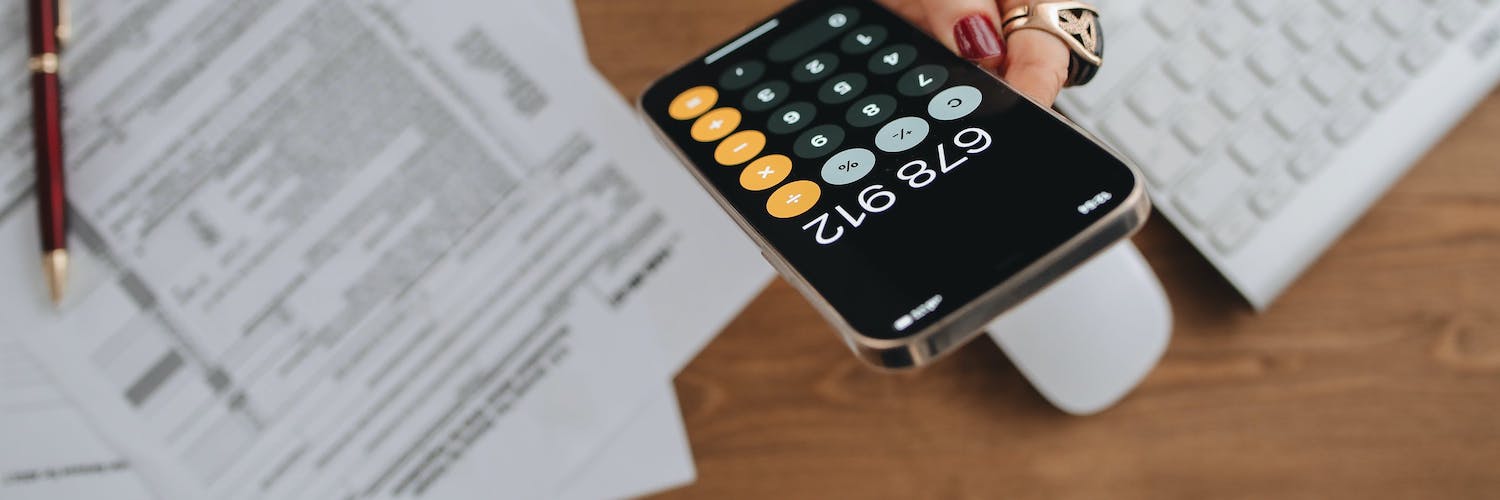We seem to get asked the question of Charleston taxes quite often, so here is our simplified version of what you need to know.
Determining Future Tax Liability:
The best resource when purchasing a new property to determine future property taxes is: Charleston County Tax Estimator or Berkeley County Tax Estimator.
Do not, do NOT use the current homeowner’s tax amount as yours will change, we promise. Just fill out the information necessary and see the resulting estimated taxes.
4 vs. 6%
So, let’s dive into the 4 vs. 6% difference. First off, this is an assessment ratio based on the type of property: primary residence vs. investment property. SC heavily favors those owners who occupy the property as residents, and as such gives a break on your primary residence, on which you will be assessed at a 4% assessment ratio. Now don’t go trying to calculate it, because it’s not just a simple form of multiplication, but a complex formula, and now’s the time to go use that Tax Estimator.
The 6% assessment ration is thus applied to all 2nd homes and investment properties, which actually amounts to more than three times the difference in taxes on these types of properties. Keep in mind that although these properties may have higher property taxes than a primary residence, they do enjoy additional tax benefits as a schedule C asset, or depreciated asset depending on the type. Please speak with your accountant for the skinny.
Oh and one more thing, South Carolina recently ranked the 6th lowest state (tied with Utah) in the Country for property taxes, so we think we’re doing mighty fine. And the South Carolina effective property tax rate was estimated at .52, while the National average was 1.11%. That’s all grand news.
Source: Kelly Stradling, Realtor®, Smith Spencer Real Estate



